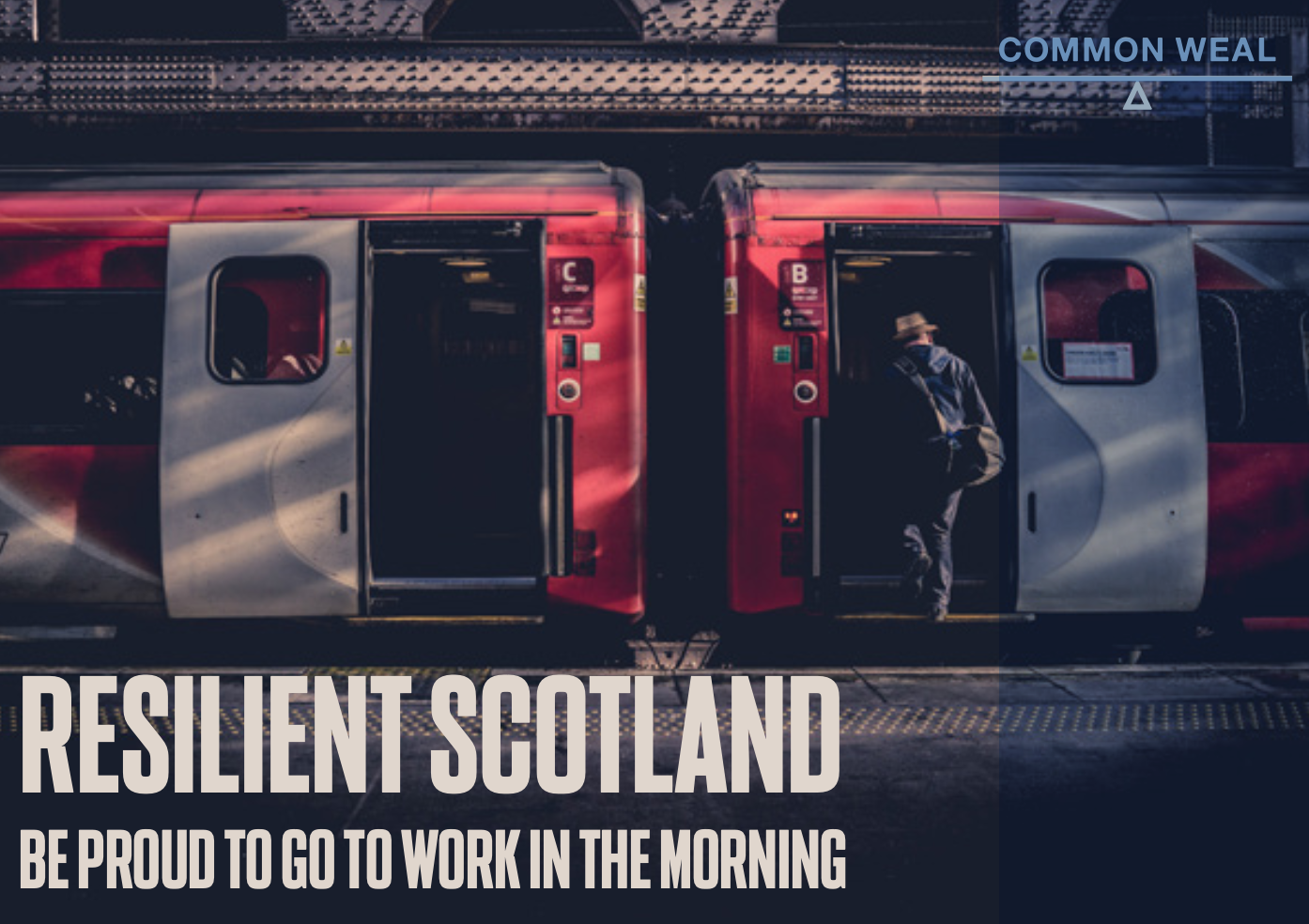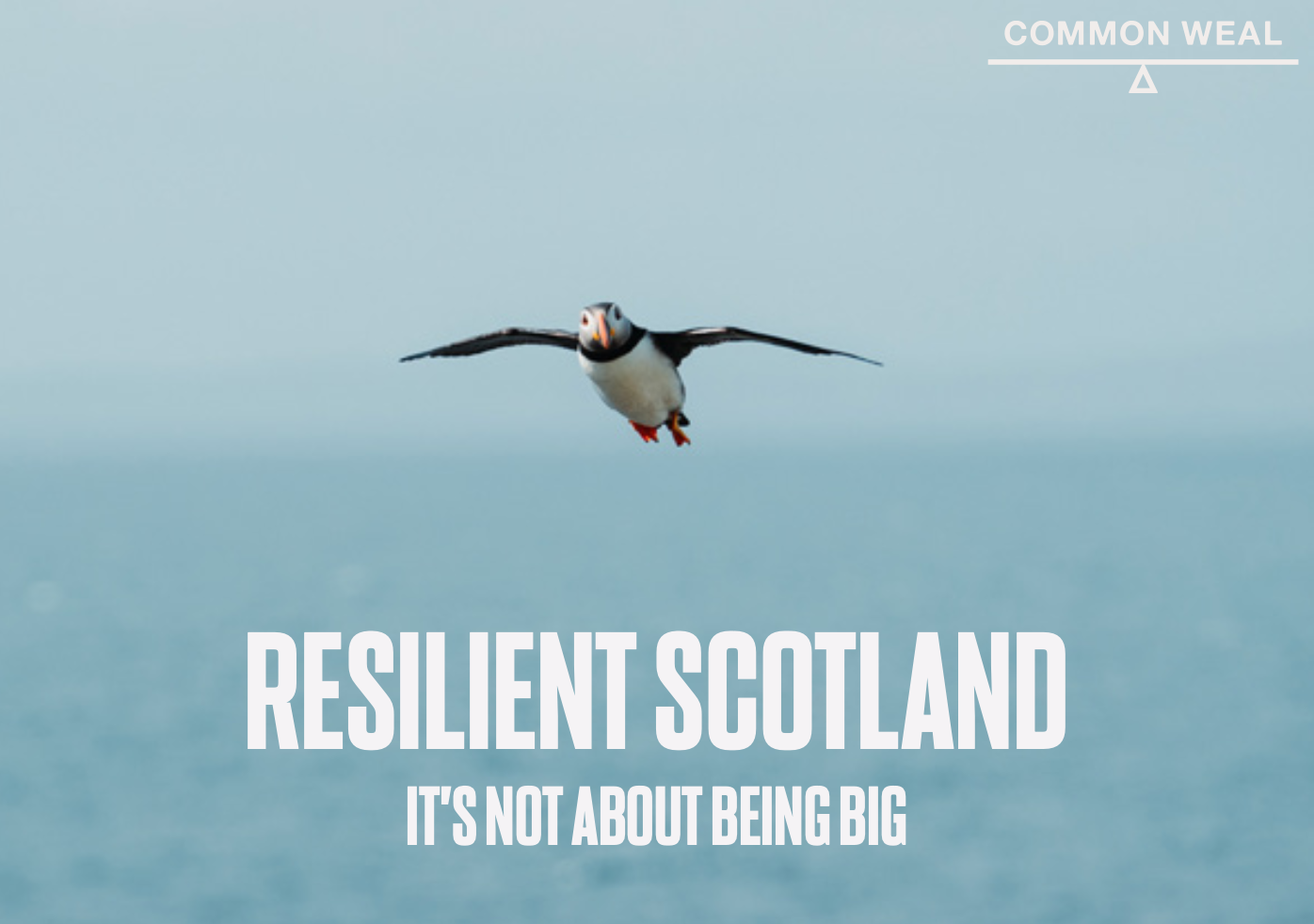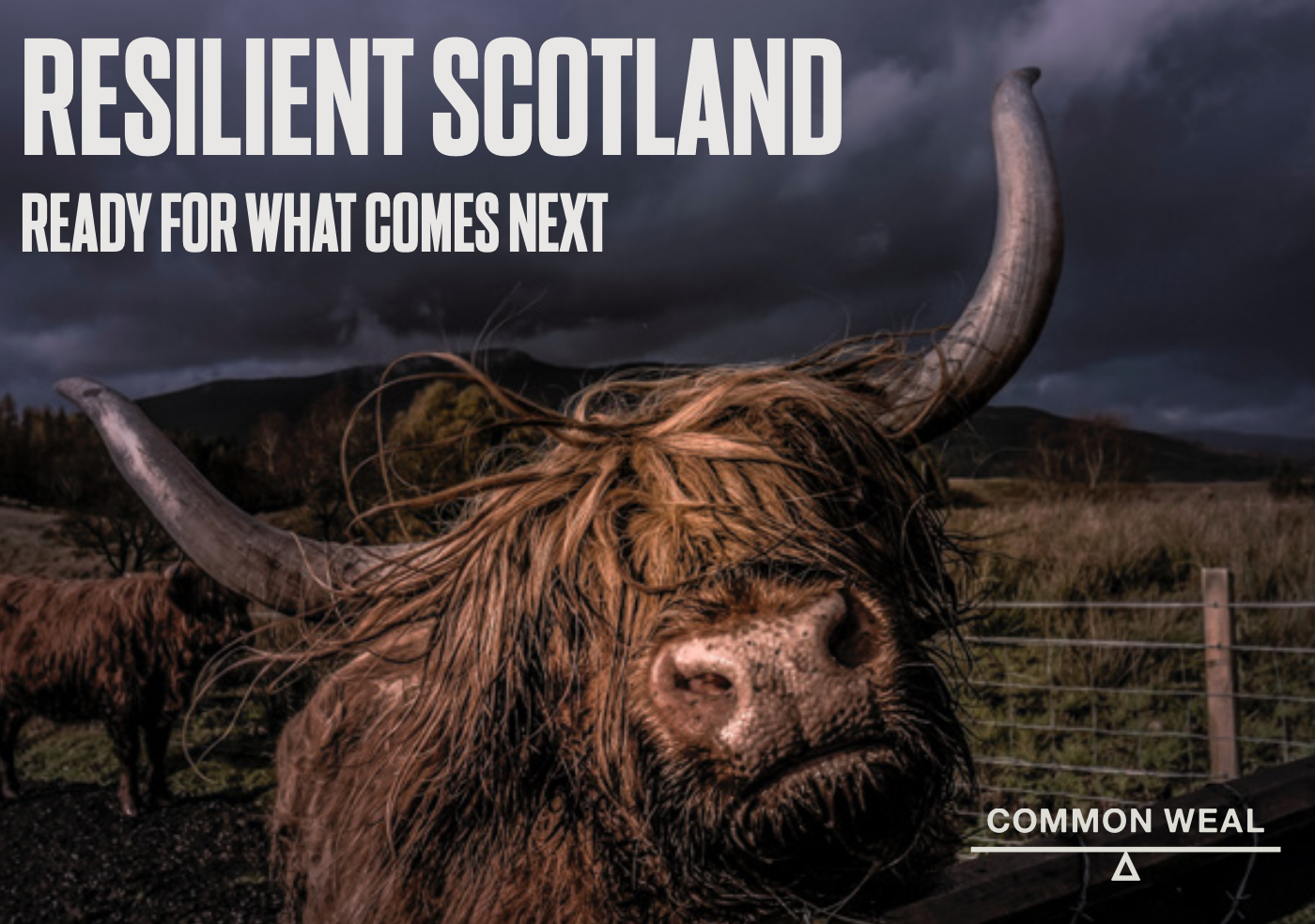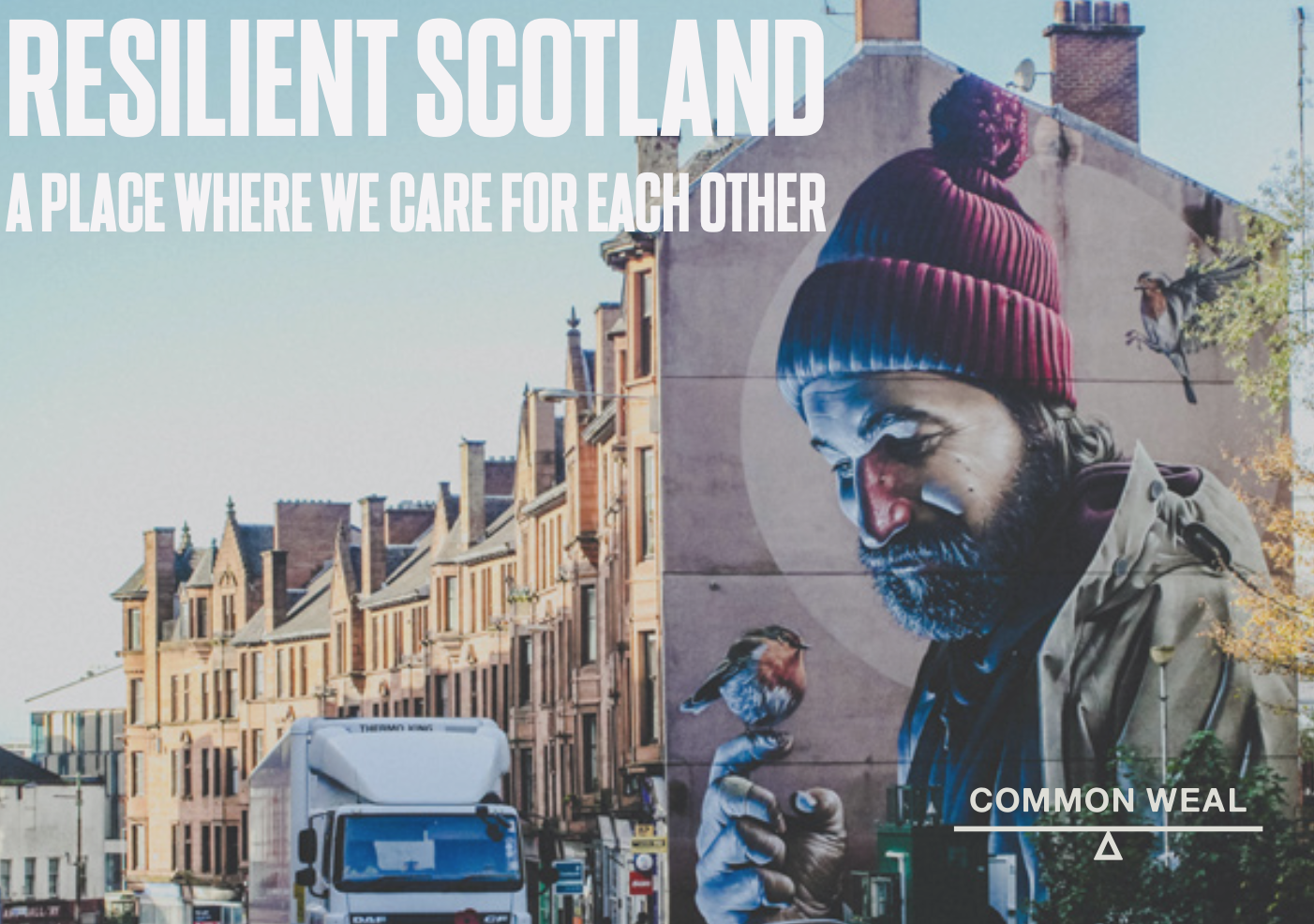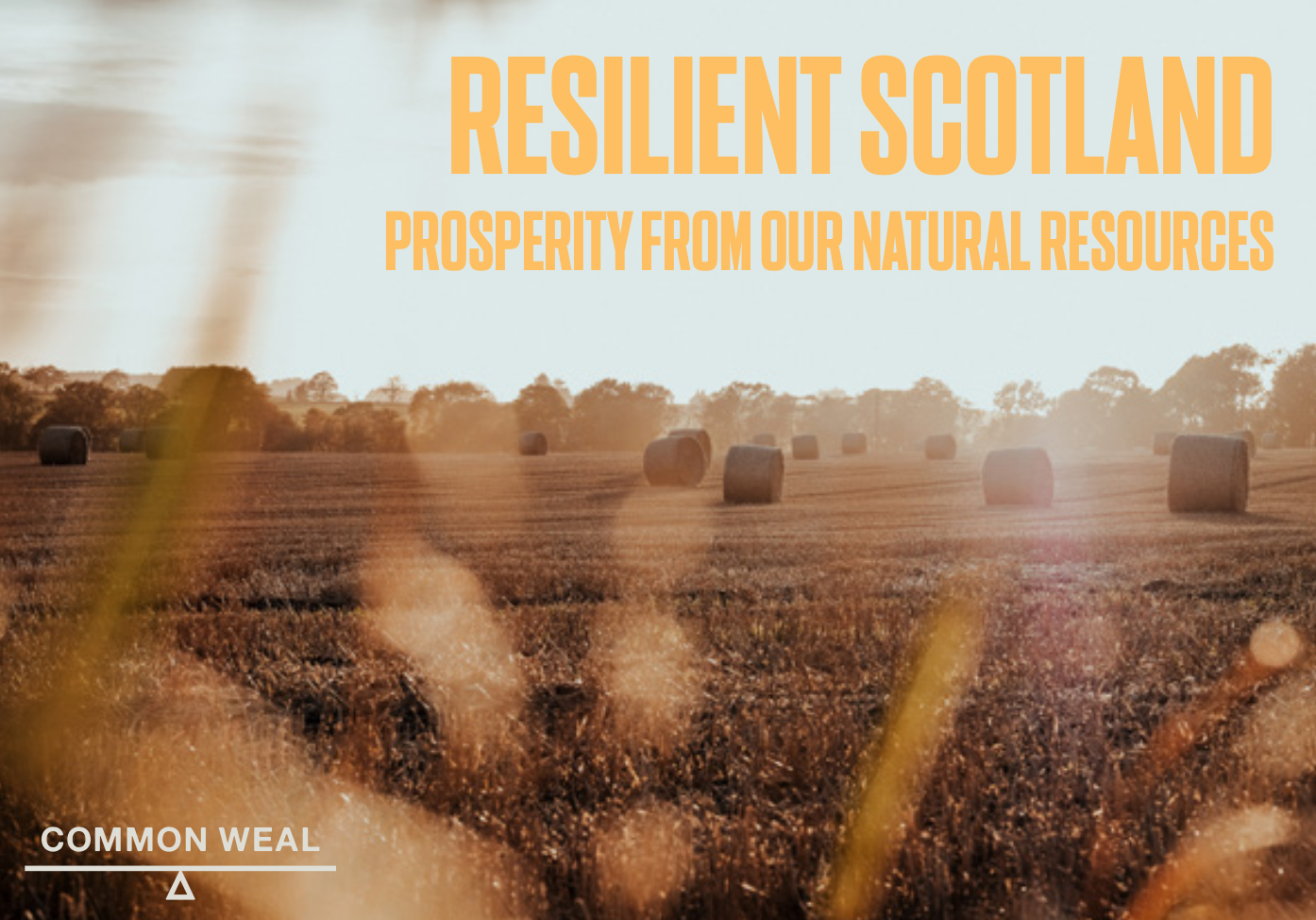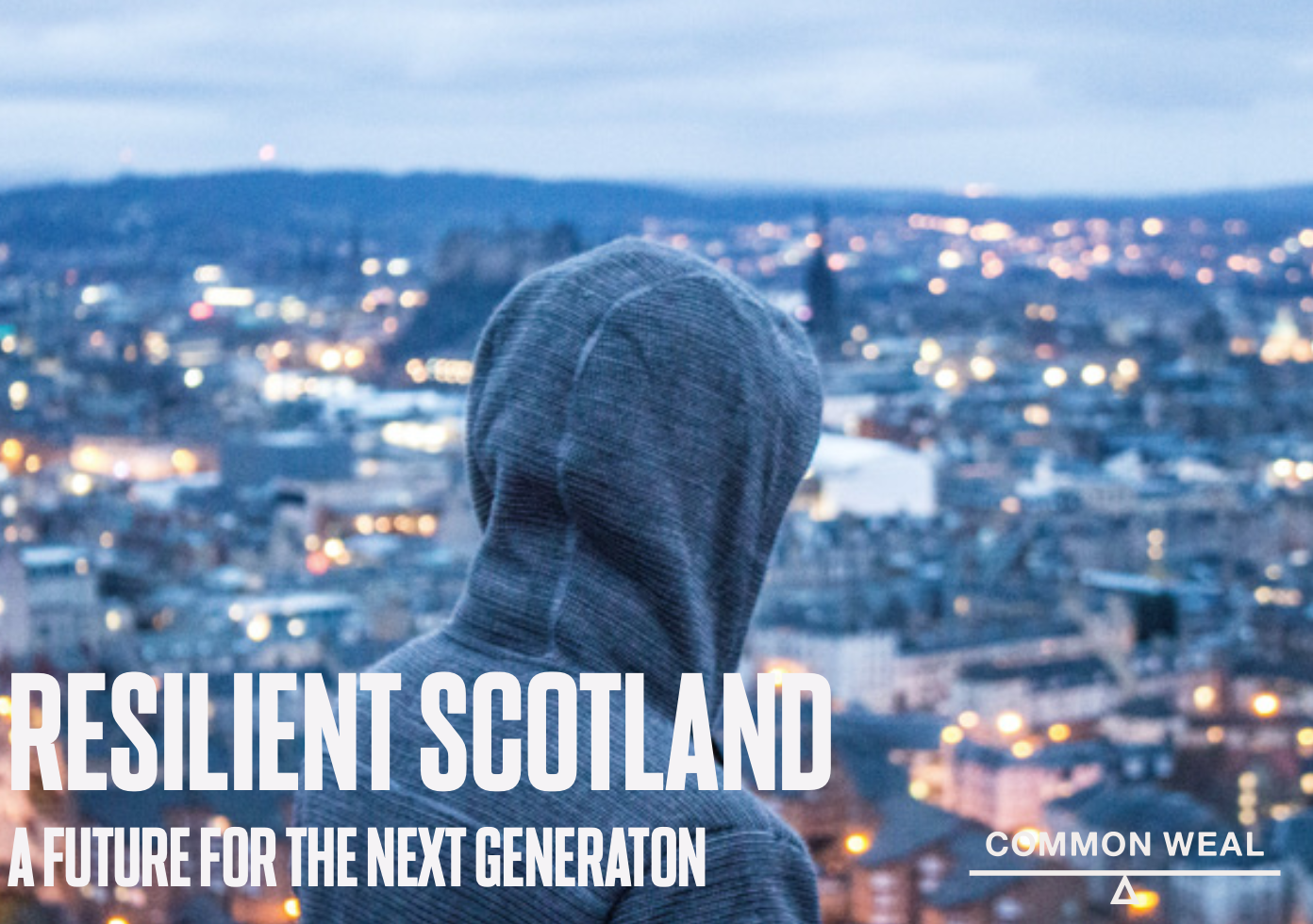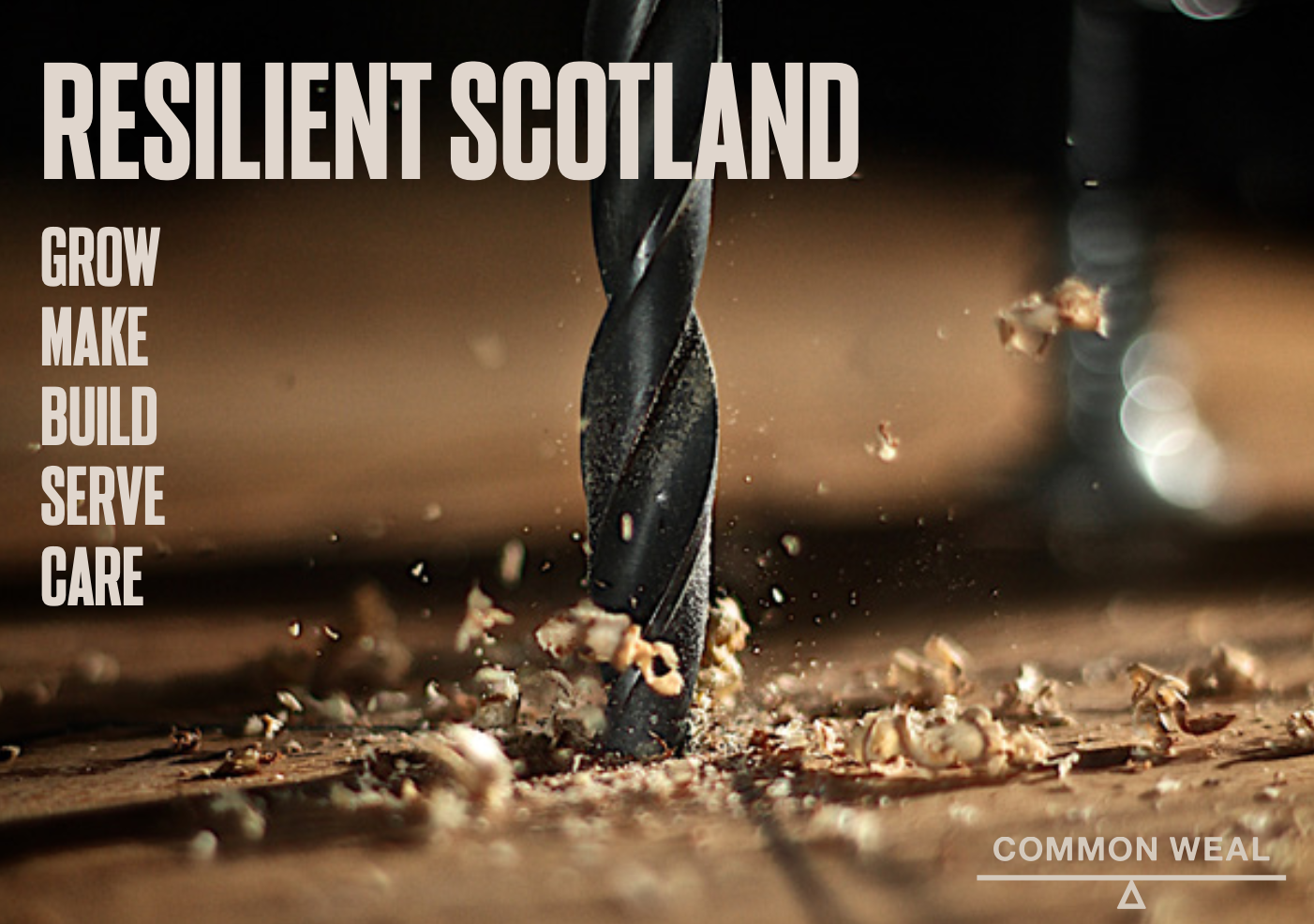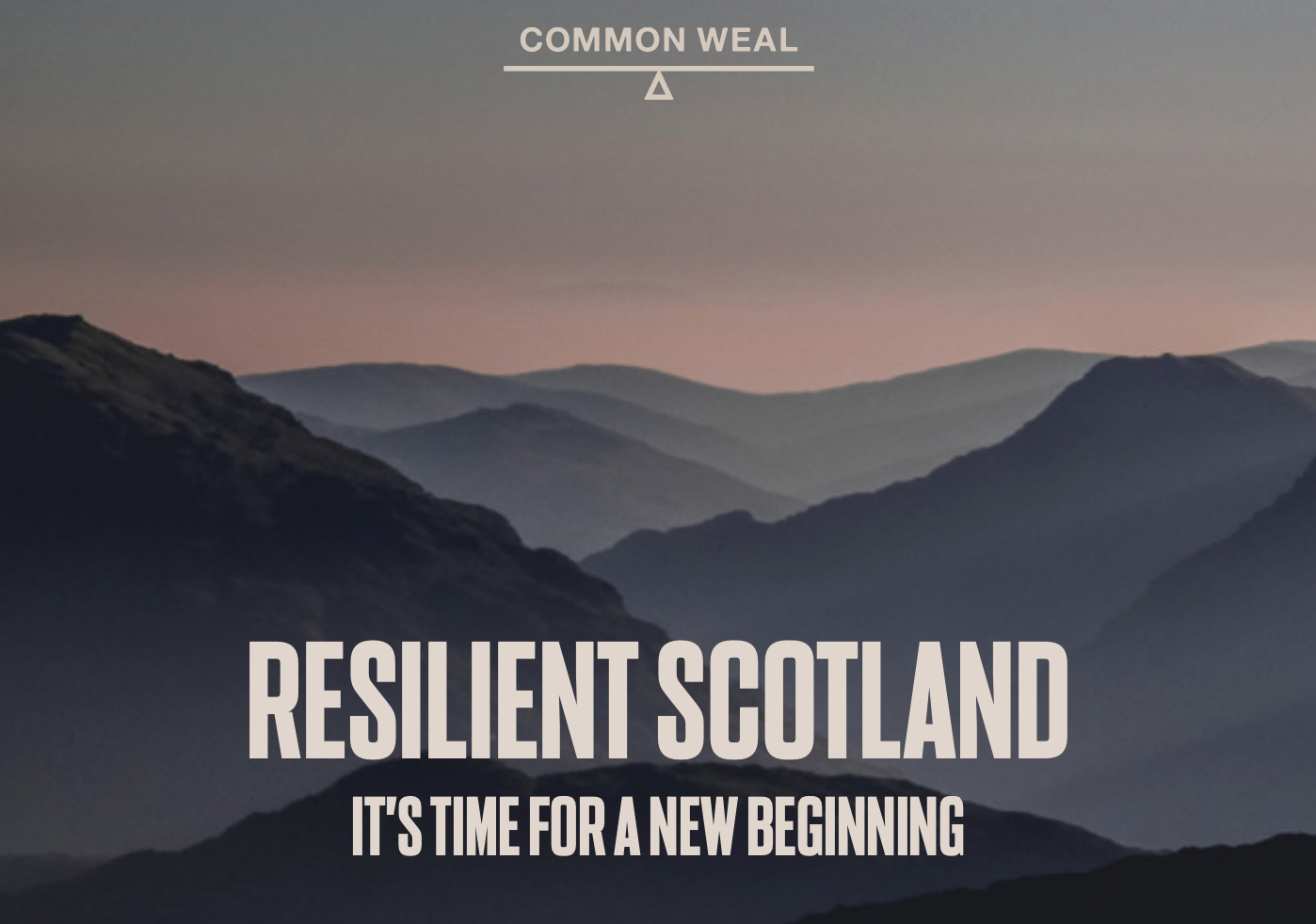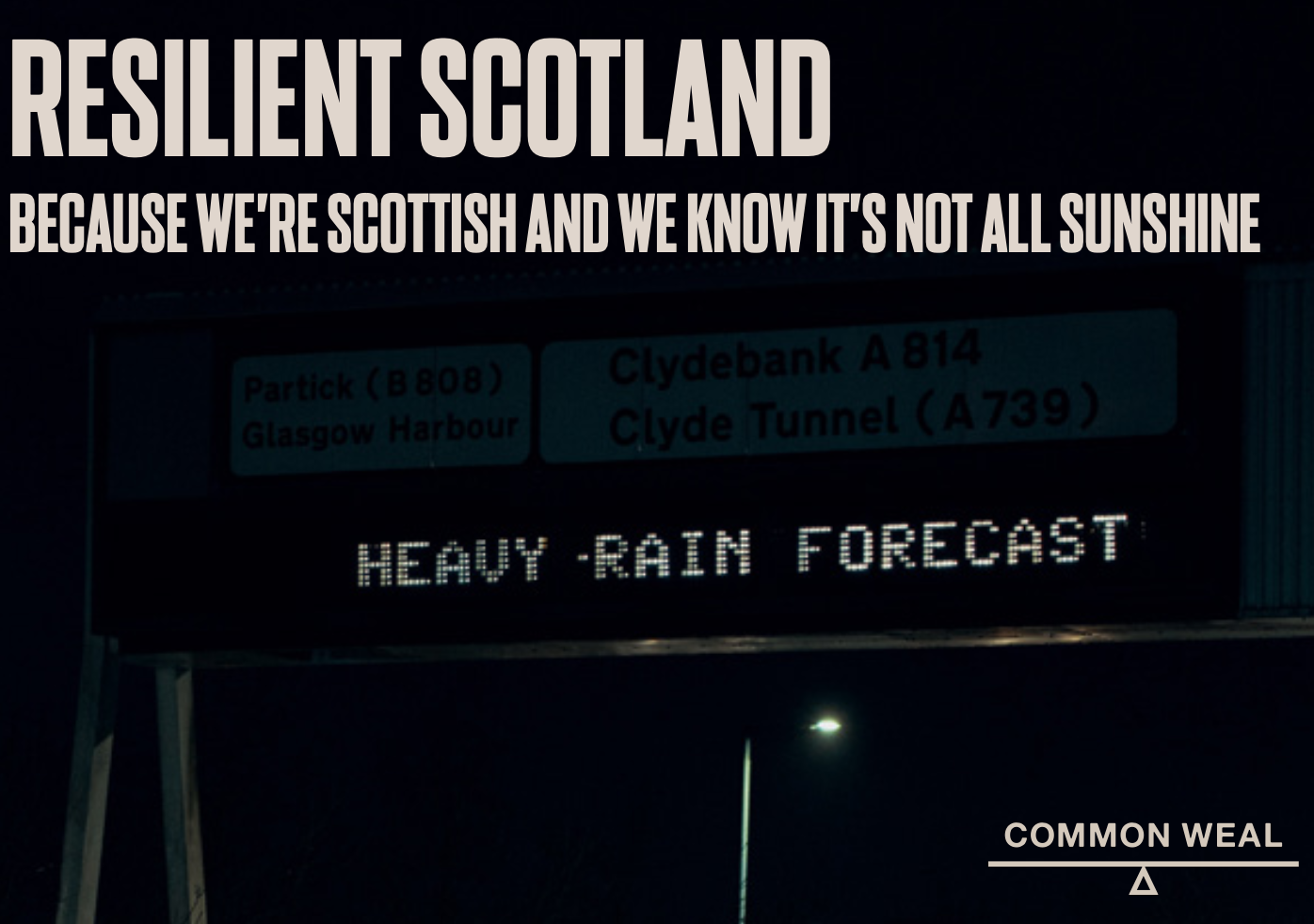"Resilience" is a key word in post-Covid plans - not passively taking the blows, but actively grappling with eco- and bio-shocks
Photo by Sérgio Rola on Unsplash
With newspaper headlines like “Get out and shop, PM to tell Britain” (see below), it’s a maddening experience at the moment.
We’re watching the unwinding of Corona-lockdown proceed (at least as far as the top-down media/establishment complex is concerned), as if the environmental considerations it opened up were of no consequence.
According to this Times front page, the UK Prime Minister will apparently be hitting a high street next week. He wants to exuberantly encourage an increase in the rate of people who feel it’s safe to shop, from its current low level of only 36%.
Yet the sheer (and lethal) incompetence of the current government - forensically laid out in Andrew Rawnsley’s Observer column this week - is hardly a basis for the kind of trust needed. How can assumptions hold that infections rates and spread are really under control?
The slogan #buildbackbetter, promoted by many in the progressive end of politics, has some traction (but has been easily picked up by the current government). We’re wondering whether something with a bit more conceptual bite, and maybe even environmental realism, could be emphasized.
Something which strikes the balance between a fevered, heedless “return to normal”, and perhaps an equally extreme anticipation of a great “shift” that tends more towards the metaphysical than the physical practicalities.
“Resilience” might be the term we’re looking for. Not in the sense that it’s often used for individuals - a capacity for coming back from the blows and challenges of everyday life. But more about community or collective resilience. This draws on strenghts, assets and traditions that can map out and make for a flourishing, sustaining life, as we work, rest and play - even though the climate shocks are escalating in intensity for all of us.
Principles for Post-Covid Britain
We found collective resilience as an idea featuring in two significant launches this week. The first, published by The Ecologist, is a set of “Principles for Post-Covid Britain”, written by leading lights in eco-radicalism in the UK - XR’s Rupert Read, and the economists Jason Hickel and Victor Anderson. Extract:
There will be many more crises like this one if we don't change course. This pandemic is linked to habitat destruction, creating opportunities for the spread of the virus.
Economic globalisation has made economies very vulnerable to disruption in supply chains, and air travel has enabled Covid-19 to spread at unprecedented lightning speed.
Extreme inequality has meant that large sections of the population lack the resilience to properly cope with crisis conditions, whilst austerity policies of cuts to public services have undermined the capacity of health services and local government to respond.
Despite pandemics and epidemics appearing many times on official risk registers, the short-termism of most politics has prevented adequate precautions from being put in place by governments.
The climate emergency has already caused droughts, floods, and forest fires, and these can be expected to worsen as more and more carbon is put into the atmosphere.
This focus on resilience connects the social and economic weakening of communities to the full-on barrage of climate forces that green radicals tend to stress and emphasize.
In the Principles document, there are some good attempts at lines, imagery and narratives that can make this link between a different “normal” to come, and its environmental drivers:
There is no point leaving the frying pan of the covid crisis only to jump into the flames of ecological breakdown…
As we emerge from this terrible corona crisis, let’s bake-in and expand the incidental benefit felt by some of reduced air pollution, reduced levels of motor and air traffic, more quiet, more leisure time, more space for nature…
This terrible, precious moment of the world economy being paused is a unique opportunity, possibly the last opportunity, to get things right. Let’s not blow it…
The amazing human response to the corona crisis—especially in our communities and in the caring professions—has exploded the myth of selfishness…
The principles are strong - but where could a citizen look for practical details? What should the elements of a resilient society, economy and lifestyle feel like, at an everyday level?
Common Weal’s Resilience Economics
From Scotland, there is a mighty attempt to answer these both questions, in the think-and-do-tank Common Weal’s new series of papers on what they’re calling a Resilience Economics (disclaimer: one of A/UK’s co-initiators, Pat Kane, is on Common Weal’s Advisory Board).
They provide a short answer to the question: What is a Resilient Scotland?
A Resilient Scotland is one which provides sufficiency and security to all; that people have what they need to live good lives now and the confidence to know they will still be able to live good lives whatever comes next.
That needs three elements:
A Resilient Economy is one which creates good jobs with security, is productive and useful and makes much more of what we need domestically, that uses natural resources effectively but responsibly and which does not fall over or require massive bailouts every time an economic shock hits it.
A Resilient Society is underpinned by strong, cohesive communities with first rate physical and social infrastructure, where participation is high and public services well-resourced, which is diverse and decentralised and with a democracy underpinned by diversity, transparency and accountability.
A Resilient Environment is one in which biodiversity, soil health and other indicators of success are allowed to recover and which can then always regenerate itself faster than the impact of economic activity on it.
These three elements create the conditions for much more self-reliance, from the community to the national level, and will put quality of life and security at the heart of public policy.
There’s much more to this in terms of policy prescriptions in the main paper. And the specific context is very much a struggle over the direction of the overall movement towards more powers (even nation-statehood) for Scotland. A previous Sustainable Growth Commission commissioned by the Scottish Government had already been critiqued for being too conservative and cautious.
Yet the irony here is that Coronavirus has provided the opening for Common Weal to talk about caution, conservation and security in an entirely different light. “Self-reliance”, at the community and small-national level, becomes a virtue when we look at how badly “neoliberalism” helps us cope with biosphere shocks - the globalised supply-chains and networks of mobility literally bringing danger to our doorsteps.
Finally, it’s fascinating to see the messaging and imagery that Common Weal are surrounding this report with. The power of civic, small-nation nationalism has long been a source of progressive advance in Scotland - but it strikes us that any city, region or county could replace “Scotland” in any of these images. (Maybe the Hieland Coo is an exception…)
NOTE: The American website Resilience, a product of the Post-Carbon Institute, is an amazing resource for resilience thinking.



